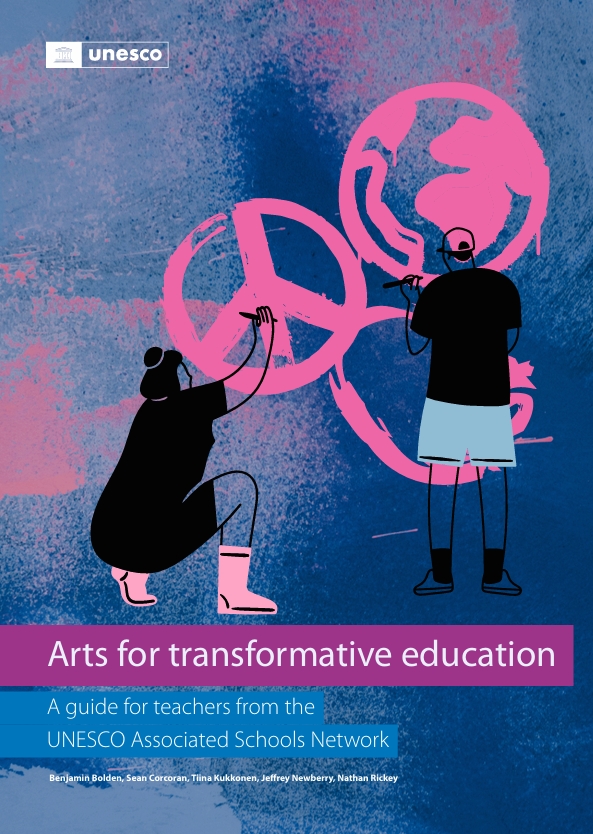By Ryan Craig , 11 January, 2018
The most surprising thing over Christmas break wasn’t that 10 in-laws came to stay at our house, nor even that they stayed for an entire week. Instead, it was something I read in the New York Times (while hiding from my in-laws in my home office). Over the holidays, the Times ran investigative reports on successive days that were sympathetic to (and even supportive of) the private sector.
Shocker: the news organization that coined the pairing of “predatory” with “for-profit,” the paper of record that, despite supposedly being a for-profit business, often seems to think that jobs are created by politicians, not the private sector (perhaps because it’s been a long time since the Timescreated any jobs), was suddenly standing up for America’s entrepreneurs. On December 28, the Times ran a lengthy report on the 5,000 regulations that an Upstate New York apple orchard is required to navigate, including “an assortment of rules, guidances, standards and training requirements associated with ladders, including how to achieve proper angling and how to prevent falling when filling produce bags.” The next day, December 29, the Times reported that the reason building new subways in New York cost 7x as much per mile as any other city is that contracts are effectively negotiated between the public sector MTA and politically-connected unions, with no free market mechanisms or actors exerting pressure on costs; costs are much lower in other cities where contractors submit competitive bids.
Then I had a second thought: maybe the Times held these investigations and ran them over the holiday when they thought no one would pay attention. That made a lot more sense.
In our world of higher education and employment, it’s hard being a business at a time when Trump University – a classic flim-flam scam – is a handy yardstick for critics like the Times. But scams are a fact of life – a byproduct of the human inclination to cheat. And they’re not limited to the private sector; there’s an even more sordid history of people enriching themselves via public sector positions and nonprofit vehicles. It happens everywhere — even at Ivy League schools. We call that corruption – typically out-and-out stealing. (It certainly requires less creativity.)
While hiding from my in-laws, I also found time to read the recent autobiography by Phil Knight, the founder of Nike. Shoe Dog is the rollicking origin story of Blue Ribbon Sports – a fledgling Oregon-based importer of Japanese running shoes, founded by a University of Oregon track alumnus, that began manufacturing its own designs only when it realized its Japanese manufacturer was about to terminate its contract, changed its name to Nike, and unwittingly invented a new industry.
Knight’s view of the role of business in society resonated with me. I’ve been involved with higher education and employment companies for over 20 years and can unreservedly report that I’ve never known anyone operating anything remotely like Trump University. Instead, nearly every higher education and employment entrepreneur I’ve known has had Phil Knight’s approach to business.
For some, I realize, business is the all-out pursuit of profits, period, full stop, but for us business was no more about making money than being human is about making blood… That was no longer enough to sustain me, or my company. We wanted, as all great businesses do, to create, to contribute, and we dared to say so aloud. When you make something, when you improve something, when you add some new thing or service to the lives of strangers, making them happier or healthier, or safer, or better, and when you do it all crisply and efficiently, smartly, the way everything should be done but so seldom is – you’re participating more fully in the whole grand human drama. More than simply alive, you’re helping others to live more fully.
Building a business isn’t about ripping people off. It’s about making something new that improves lives, and in so doing “participating more fully in the whole grand human drama.” Knight made something that the world hadn’t seen before: a high-performance running shoe that helped millions of people become more active and healthier. In so doing, he also turned athletic footwear into fashion.
One thing Knight is crystal clear about in Shoe Dog is that he built Nike with people he loved – and perhaps because he was working with people he loved – although he has a funny way of showing it. In the book he calls his colleagues “buttheads,” and throughout much of Knight’s early history of Nike, he confesses to intentionally avoiding communications and requests from his co-founder, Jeff Johnson, whom he found really annoying. Knight argues that Nike succeeded because its employees were loyal to each other – to each other’s success and fulfillment – even more than to the vision or product or to Knight himself.
According to Knight, building a business is primarily about camaraderie and friendship. Colleagues joined because they were “one of us” – “people who simply couldn’t put up with corporate nonsense… people who wanted our work to be play. But meaningful play.” At the end, as he surveys his journey, one of the things Knight is most proud of is that he was able to hire the daughter of one of his co-founders, Rob Strasser (creator of Air Jordan who then left Nike for Adidas – “an intolerable betrayal” – before passing away from a heart attack in 1993): “Twenty-two years old, [Avery Strasser] works in Special Events, and she’s said to be thriving. It’s a blessing and a joy to see her name in the company directory.”
I thought of that phrase, “It’s just business.” It’s never just business. It never will be. If it ever does become just business, that will mean that business is very bad.
– Phil Knight
In the education and employment sectors, there are several daunting social challenges which urgently require teams of passionate “Education Dogs” – committed to not only solving problems, but also to each other. Here’s my top three for 2018 and beyond:
1) Cognitive Skills Apps
With minor exceptions, our system of higher education subsidizes all students equally, regardless of need. Federal loan programs and state subsidies apply equally to students from the wealthiest and poorest backgrounds. And it’s also regardless of future need. Public subsidies benefit students in programs that lead to the most remunerative careers (e.g., computer science, finance) as much as students in programs like early childhood education and social work. This would be fine if we had unlimited resources to fund education and training, but we don’t. Because subsidies aren’t targeted effectively (or really at all), millions of people aren’t getting as much help as they should, while public funds are wasted on education and training that employers or students themselves would readily pay for – or pay back – in full. Private sector financing mechanisms like income share agreements will establish market prices on programs and help governments determine where public subsidies are actually needed, and which programs and which students must be completely debt-free.
3) Pathways to Good Jobs
Once we’ve figured out how to target public investment, we’ll be out of the business of subsidizing more accessible degrees for everyone. That’s not a problem that needs to be solved. Or rather, it’s a problem that creates more problems in the solving. The problem that requires the immense energy and creativity of the private sector is how to take young people – or older workers who require reskilling and retraining – from point A to point B, where point B is a good first job in a growing sector of the economy. Doing so requires not only knowing what skills employers need and adopting models that reduce hiring friction, but – critically – scaling. And scaling is where nonprofits and governments have a very hard time. Last week I spent two days with a gentleman who’s been an entrepreneur for over 50 years. In that time, he’s started at least 20 companies, including a number of large staffing companies. Over dinner, he told me “I’ve created jobs for more people than anyone. Literally anyone.” And he’s probably right. With these emerging education-to-employment models, he’ll not only have an opportunity to put people in jobs, he’ll be able to put them in jobs that transform their lives. And that’s more than the vaunted, respectable nonprofit or public sectors can say.
Free enterprise always irritates the kinds of trolls who live to block, to thwart, to say no, sorry, no. And it’s always been this way. Entrepreneurs have always been outgunned, outnumbered. They’ve always fought uphill, and the hill has never been steeper.
As Knight tells it in Shoe Dog, the history of Nike is a group of friends lurching from crisis to crisis. It’s a roller coaster that got me excited about telexes, offshore manufacturing, debt financing, athlete endorsements, and running shoes. But as I concluded the book (and peered outside to see if my in-laws were still there – they were), it dawned on me: if it’s possible to get excited about putting millions of people into better running shoes, it’s almost inevitable to get excited about helping millions of people meet their potential.
This is why – despite Trump University – I’m so confident about what the higher education and employment sector will accomplish this year, and over the next decade. A generation of new entrepreneurs is emerging here and here and here, surrounding themselves with teams who are passionate about improving the lives of strangers, and in so doing participating more fully in the whole grand human drama. It’s an honor and privilege to be able to partner with these Education Dogs as they solve some of America’s biggest problems.






